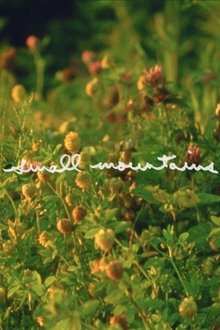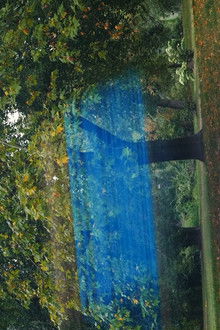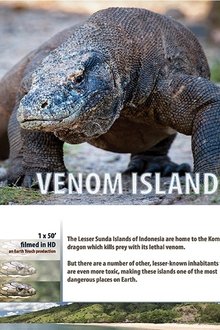Sea otters are once again in peril after being brought back from the brink of extinction. An unprecedented number of sea otter deaths have occurred along the California coast in the last three years. Meanwhile, the Fish & Wildlife Services decision to eliminate their No Otter Zone from Southern California waters remains controversial. This fragile species threatened by pollution, infectious diseases, starvation, and competition with fishermen struggles for survival.
Related Movies
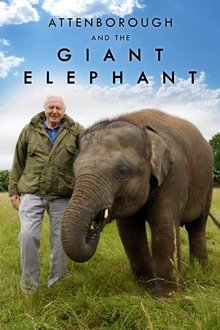
Attenborough and the Giant Elephant (2017)
David Attenborough investigates the remarkable life and death of Jumbo the elephant - a celebrity animal superstar whose story is said to have inspired the movie Dumbo. Attenborough joins a team of scientists and conservationists to unravel the complex and mysterious story of this large African elephant - an elephant many believed to be the biggest in the world. With unique access to Jumbo's skeleton at the American Museum of Natural History, the team work together to separate myth from reality. How big was Jumbo really? How was he treated in captivity? And how did he die? Jumbo's bones may offer vital clues.
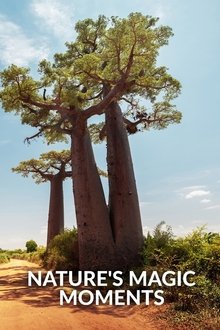
Nature's Magic Moments (2022)
Whether it’s night or day, the northern or southern hemisphere, irrespective of the season or the precise location – our planet’s natural world produces truly magical moments all year round.

Lake (2019)
Lake gazes down at a still body of water from a birds-eye view, while a group of artists peacefully float in and out of the frame or work to stay at the surface. As they glide farther away and draw closer together, they reach out in collective queer and desirous exchanges — holding hands, drifting over and under their neighbors, making space, taking care of each other with a casual, gentle intimacy while they come together as individual parts of a whole. The video reflects on notions of togetherness and feminist theorist Silvia Federici’s call to “reconnect what capitalism has divided: our relation with nature, with others, and our bodies.”
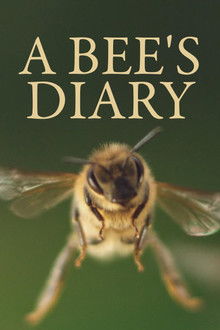
A Bee's Diary (2020)
Bees are one of the most important species on the planet. A look at the trials and tribulations of two particular honeybees over two years from birth to death.
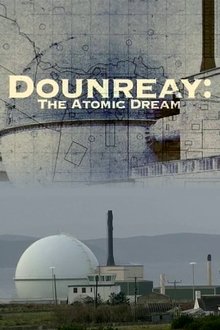
Dounreay: The Atomic Dream (2006)
Documentary telling the story of the rise and fall of a daring experiment into atomic energy as the history of the Dounreay fast reactor is charted by the pioneers involved.
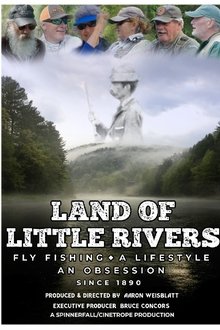
Land of Little Rivers (2019)
The Land of Little Rivers, a network of tributaries in the Catskill Mountains of New York, is the birthplace of fly fishing in America and home to anglers obsessed by the sport.
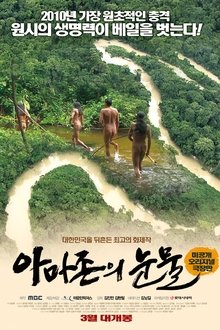
Tears in the Amazon (2010)
A documentary about environment destruction in the Amazon and the tribes living there. Produced for the 48th anniversary of MBC, Korea. A brilliant records of the itinerary for 250 days through the Amazon.
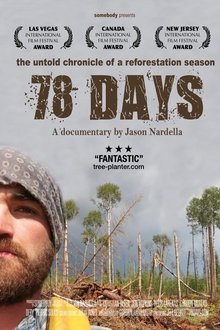
78 days: A Tree Planting Documentary (2014)
Tree planting is one of the most physically and mentally demanding jobs in Canada. Working long days in the baking sun of desolate clear cuts, you can expect rain storms and snow covered tents: that's tree planting in Northern Alberta. In this documentary, veteran planters share their experiences as they struggle through each day of what has become the longest and most difficult season ever!

The Shape of Cedar (NaN)
A portrait exploring the enduring craft of wood canvas canoe building, and the quiet philosophy it inspires. "The Shape of Cedar" is both a celebration of craftsmanship, and and a guide to a more intentional way of moving through the world.
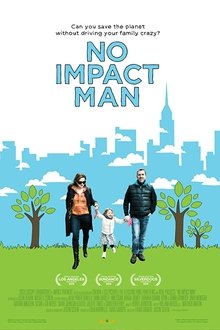
No Impact Man (2009)
Follow the Manhattan-based Beavan family as they abandon their high consumption 5th Avenue lifestyle and try to live a year while making no net environmental impact.
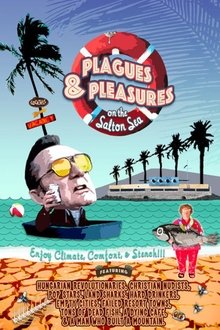
Plagues and Pleasures on the Salton Sea (2006)
The Salton Sea: An inland ocean of massive fish kills, rotting resorts, and 120 degree nights located just minutes from urban Southern California. This film details the rise and fall of the Salton Sea, from its heyday as the "California Riviera" where boaters and Beach Boys mingled in paradise to its present state of decaying, forgotten ecological disaster.

Gegen Wind und Wellen - Auf Fangfahrt mit den deutschen Seelachsfischern (2024)
The job of a deep-sea fisherman is still extremely dangerous today. Waves, storms, physical work and hardly any sleep - the stress levels are high, even though the ships are now ultra-modern. Fishing far out at sea requires experience and luck. The weather can change within minutes and this also applies to fish prices, which vary greatly depending on the catch. It quickly becomes a race against time and the forces of nature.

Miss Goodall and the Wild Chimpanzees (1965)
Jane Goodall has spent five years observing the chimps in Tanzania (formerly Tanganyika), Africa. One of her discoveries is that they use primitive tools. The film shows the life of the chimps. Retrospective note: This documentary features remarkable historical footage of Goodall, her original camp, and the Gombe chimpanzees. It shows the early years of Goodall establishing the site before it went on to become a world-renowned research center.
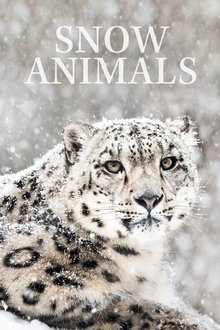
Snow Animals (2019)
Liz Bonnin introduces a cast of charismatic animals to reveal the remarkable strategies they use to survive, and even thrive, through the winter.
